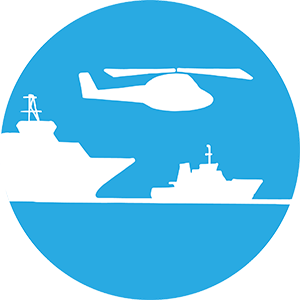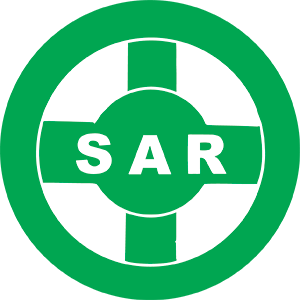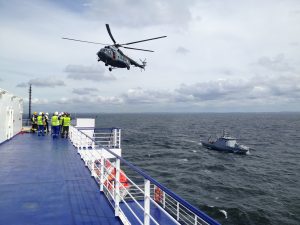HNS Risk Assessment, Communications



HNS Risk Assessment
It is unreasonable to assume that RCC will have trained chemical experts in their staff on 24/7 basis. However, RCC must know where or from whom to get necessary expertise. RCC should have readily available contacts for national and international experts. HNS risk assessment will combine the information from the experts (HNS characteristics, behaviour etc.) and basic Search and Rescue risk assessment (weather on site and forecast, drifting calculations, SRUs capabilities etc.). Good cooperation with the experts is critical; therefore, exercises and trainings should be conducted on regular basis. The experts must have knowledge of what information RCC needs for risk assessment (not to confuse them with unnecessary information), and they should be able to explain it in a “language” RCC understands. Keep It Simple Stupid.
Information for risk assessment should also be gathered from units arriving on scene, and distress vessel. SRUs with specialised equipment can provide information on conditions on site, chemical cloud movement, and many other aspects. Distress vessel can provide information on situation on board, HNS UN number and other relevant issues.
Communications
Communication should be handled as in regular search and rescue operation. RCC is responsible for assigning working channels.
